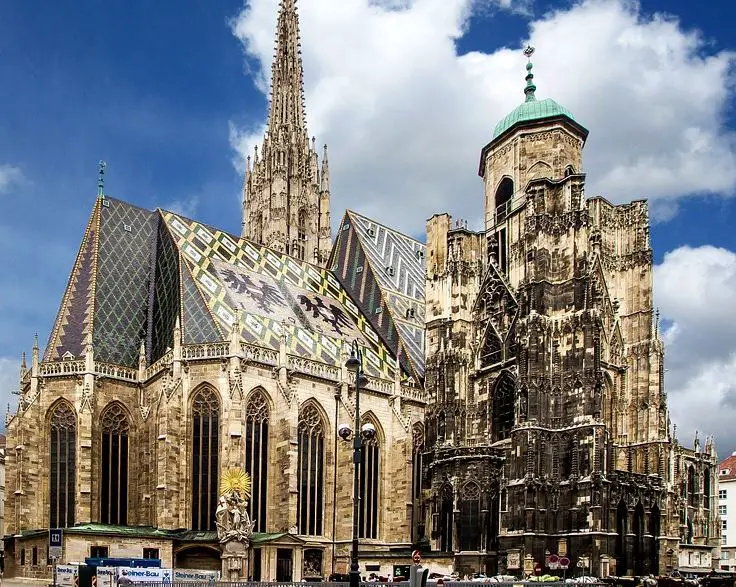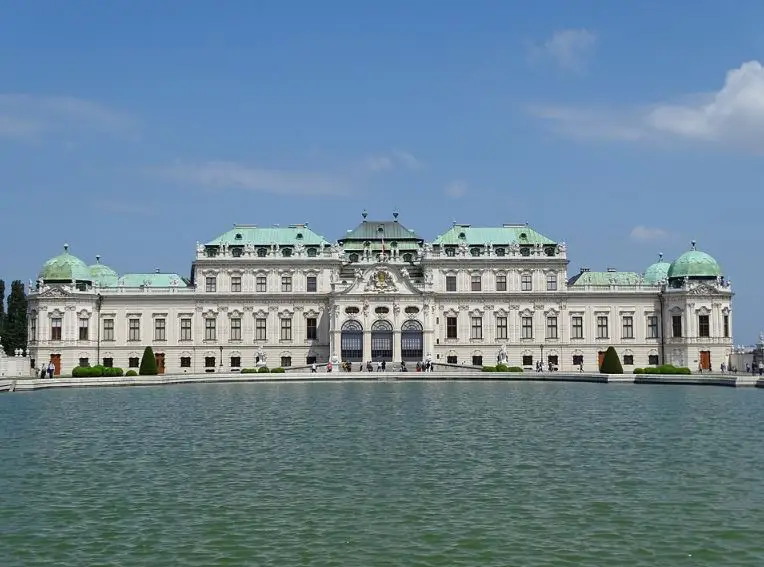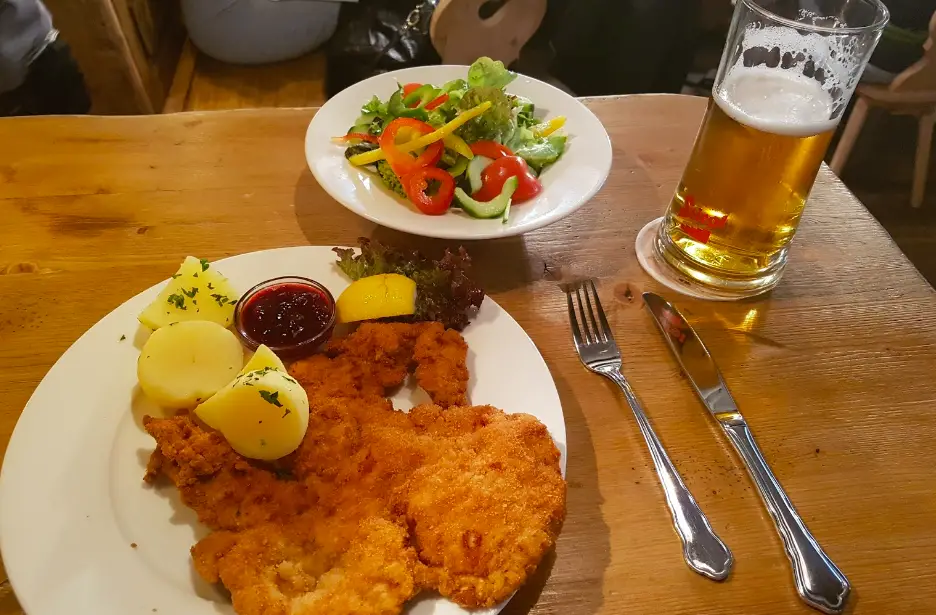How can I learn about Germany's role in European history?
Post ByAdequate Travel
Summary
If you want to dive into the historical relationship between Germany and its European neighbors, this article is for you. Here, we will discuss how to learn about Germany's role in European history - its complex and sometimes tumultuous past, as well as its current and future contributions to the continent.1. Introduction to Germany's role in European history
Germany, located in central Europe, has played a significant role in shaping European history throughout the centuries. To learn about Germany's role, you can explore the following areas:
2. The Holy Roman Empire
The Holy Roman Empire, which existed from the 9th century to 1806, was a central power in medieval Europe. Germany played a crucial role in this empire, with several German kings being crowned emperors. Studying the Holy Roman Empire will provide insights into Germany's early political and cultural influence in Europe.
3. The Protestant Reformation
In the 16th century, Martin Luther, a German monk, initiated the Protestant Reformation. This movement had a profound impact on European history, challenging the dominant Catholic Church and leading to religious and political conflicts. Researching the Protestant Reformation will help you understand Germany's role in the religious transformation of Europe.
4. The Age of Enlightenment
Germany was a significant hub for the intellectual and philosophical developments during the Age of Enlightenment in the 18th century. German philosophers like Immanuel Kant contributed to the Enlightenment era, which shaped European thinking in politics, science, and culture. Exploring this period will provide insights into Germany's intellectual contributions to European history.
5. The Napoleonic Era
During the Napoleonic Era (late 18th to early 19th century), Germany experienced significant political and territorial changes. The French Emperor Napoleon Bonaparte had a direct influence on Germany, leading to its fragmentation and subsequent calls for German unification. Understanding the impact of Napoleon's rule on Germany will shed light on the country's struggle for nationhood.
6. The World Wars
Germany's involvement in both World War I and World War II profoundly shaped European history. Germany's aggressive expansionism, ideological conflicts, and devastating consequences of the wars influenced the entire continent. Studying these periods will provide comprehensive insights into Germany's role in shaping the geopolitical landscape of Europe.
7. The Cold War and Reunification
After World War II, Germany was divided into East and West Germany due to the Cold War rivalry between the Soviet Union and Western powers. The fall of the Berlin Wall in 1989 and the subsequent reunification of Germany marked a significant turning point in European history. Exploring the Cold War and the process of German reunification will help you understand the country's role in the broader context of European unity and division.
8. Contemporary Germany and the European Union
Finally, studying modern-day Germany and its role in the European Union will provide insights into the country's current political, economic, and cultural influence within Europe. Germany's position as an economic powerhouse and its involvement in European integration initiatives is crucial for understanding the present-day dynamics of European politics.
By exploring these various aspects, you can gain a comprehensive understanding of Germany's role in European history and its impact on the continent as a whole.Suggested Questions
- Burg Rheinstein, Trechtingshausen: Horror Story, History & Paranomial Activities
- Schlosshotel Hugenpoet, Essen: Horror Story, History & Paranomial Activities
- Bergkirchweih, Erlangen: Horror Story, History & Paranomial Activities
- Schwarzenberg Castle, Scheinfeld: Horror Story, History & Paranomial Activities
- Schloss Rheinfels, St. Goar: Horror Story, History & Paranomial Activities
- Hexenmuseum, Schweinfurt: Horror Story, History & Paranomial Activities











